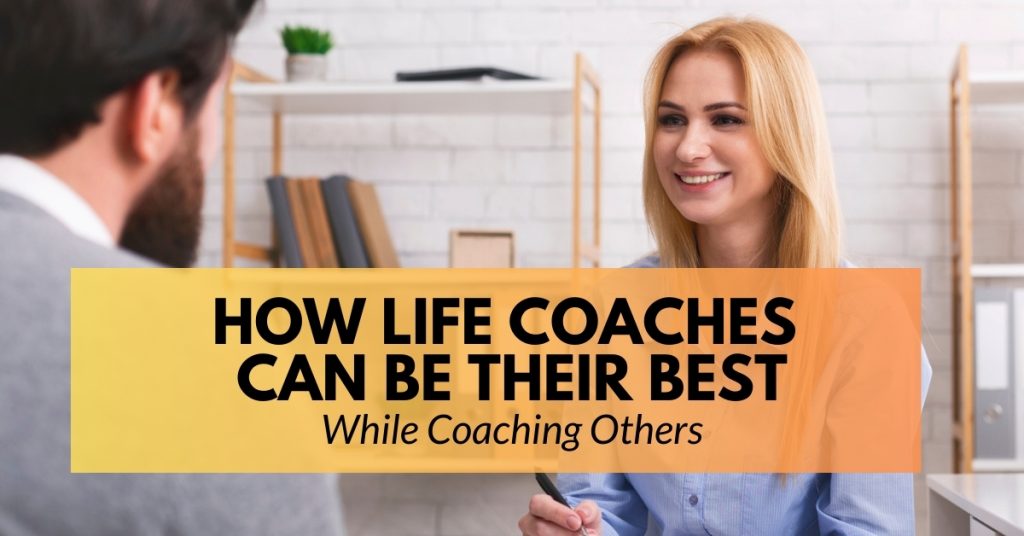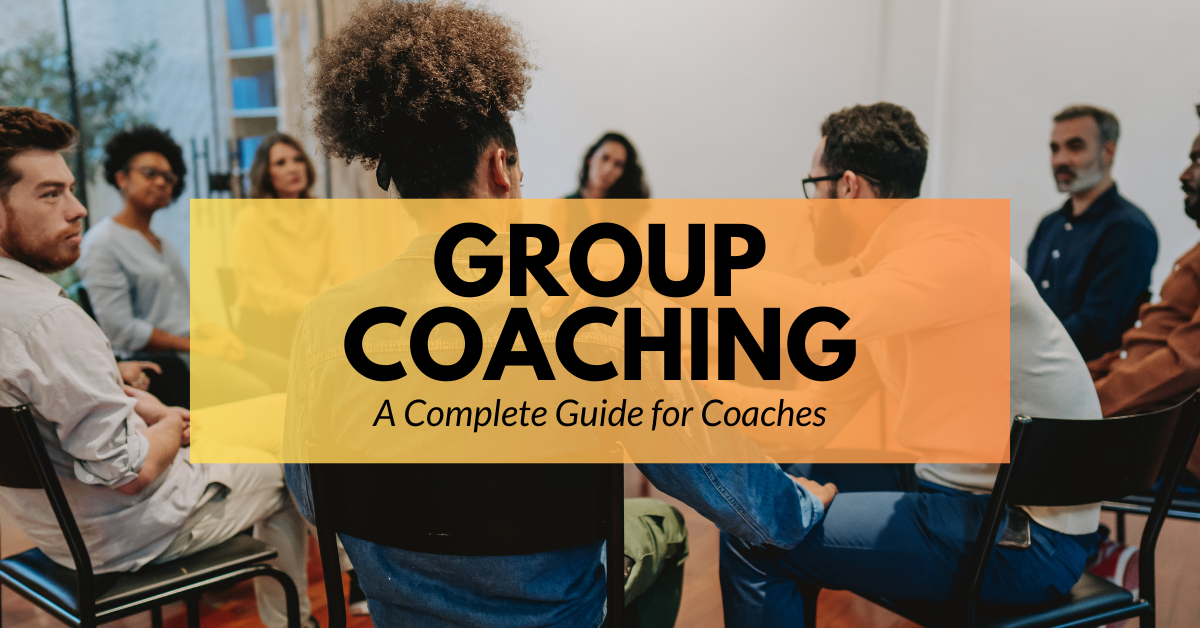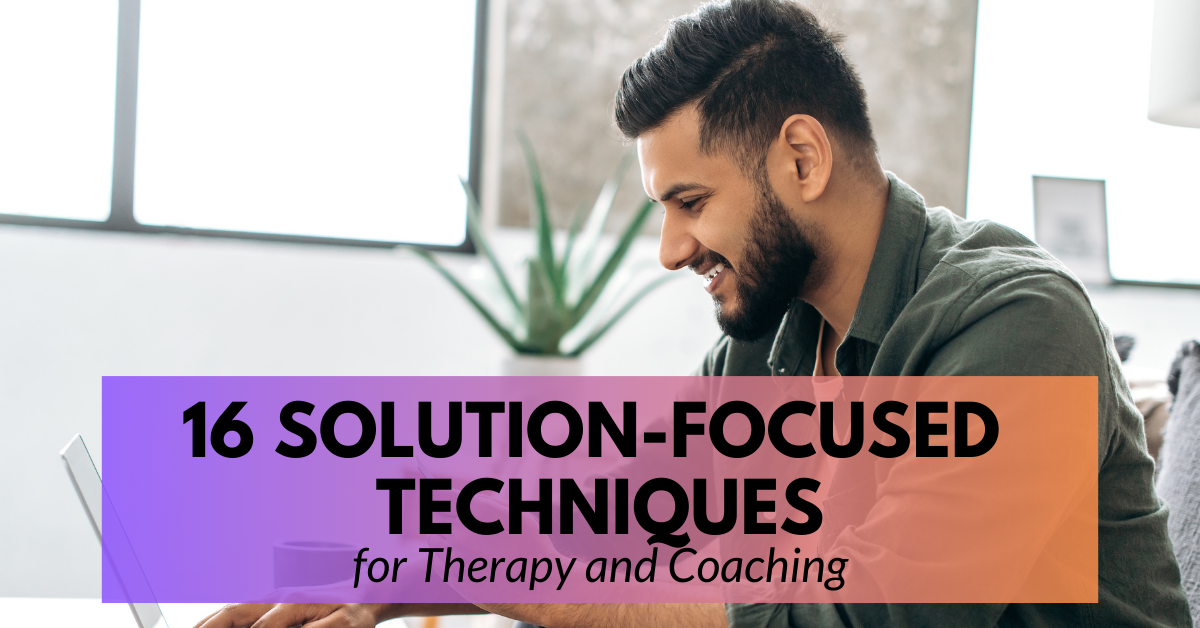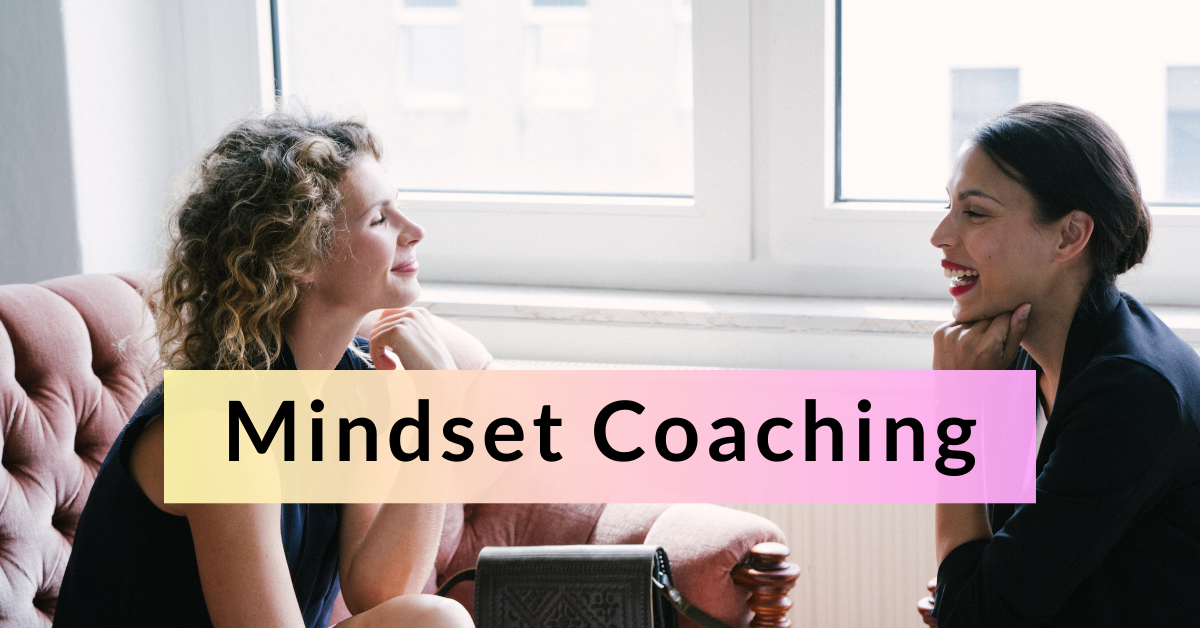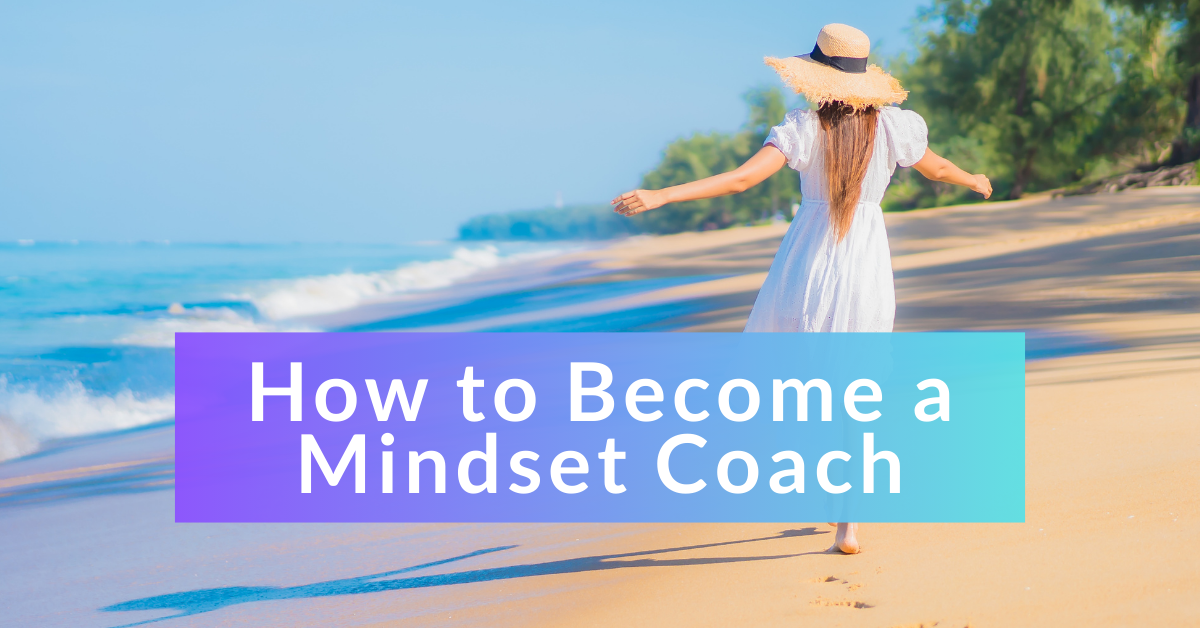Coaching others requires you to show up as your best self, and that starts with doing the inner work to grow and evolve. It’s about becoming more self-aware, creating healthy boundaries, and staying committed to your own personal development. This journey isn’t always easy, but the more aligned you are with your values and strengths, the better equipped you’ll be to guide others. The steps below will help you build a strong foundation for becoming your best self while supporting others in their growth.
Step 1 – Forgive Yourself
It’s essential to forgive yourself for anything you’ve done in your life or for the actions of others. Since you can’t go back and redo the past, focus on learning from the experience and moving forward. Promise yourself that you will handle similar situations better in the future.
Forgiving yourself doesn’t mean forgetting what happened, excusing the actions involved, abandoning your values, or believing that you are solely at fault. Instead, see forgiveness as a way to let go of resentment and allow yourself to experience mercy, generosity, and love—even if you feel you don’t deserve it. We must be open to forgiveness to free ourselves from the burdens of our past.
Forgiveness creates a state of being for “giving” to both yourself and others. It involves excusing a mistake or an offense and releasing the hurt, anger, or resentment associated with it. Since forgiveness benefits the person who forgives the most, it is one of the greatest gifts you can give yourself.
Forgiving enables us to move on with our lives and opens our minds and hearts to new perspectives on others, the world, and ourselves. It releases energy that can be redirected toward more productive thoughts and actions.
- Let go of the past by…
- Giving up the hope that the past could be different and…
- Accepting that it has happened, allowing yourself to move forward.
- Determine how you made the error or if it was even a mistake on your part. If it was, ask yourself, “What might I do differently next time?”
- Then, move forward and invite yourself to begin again.
If you need to forgive another person, see them in the light of love rather than focusing solely on their actions.
Step 2 – Accept Yourself
How many people can genuinely say that they love and accept themselves just as they are?
Learning to love yourself is one of the most challenging accomplishments in life, even when there is nothing “wrong” with you. Accepting yourself means embracing everything about you. This doesn’t mean you have to stay in your current situation; instead, you should accept it as it is while gradually setting goals for improvement.
The most crucial aspect of acceptance is taking full responsibility for your life.
Practice Radical Self-Acceptance with this Exercise:
Take a moment to sit in a quiet space and reflect on what makes you who you are. Write down three things you love about yourself and three things you’re working to improve. For the areas you’re working on, write a sentence that reframes them positively. For example, instead of “I’m not good at public speaking,” write, “I’m improving my confidence in sharing my ideas with others.” Repeat these affirmations daily to remind yourself that growth is a journey, not a destination.
Step 3- Get to Know Yourself
Start a journey of self-discovery!
Who Are You?
There are many ways to lose your sense of self, but you can also take action to preserve it, no matter what happens. This sense of self is essential for any self-improvement journey.
Know Your Purpose
Identify your life purpose. Write a personal mission statement. This will serve as your personal compass, guiding you toward your true north every time.
Know Your Values
What do you value most? Is it love, family, freedom? Understanding what is important to you will provide reassurance during times of doubt.
Know Your Needs
Do you need acknowledgment, a desire to be correct, a wish for control, or a longing for love? Many individuals go through life without realizing their dreams, leading to stress or even depression.
Know Your Passions
What energizes you? What makes you feel angry or determined? Recognizing what fuels your emotions will help you understand what you need to pursue.
Know Your Inner Being
Enhance self-awareness of your inner wisdom by taking time for regular reflection and silence. Breathe deeply to quiet your distracted mind. Don’t shy away from silence and alone time; embrace it. It is during these moments that your true self emerges.
Know Your Strengths
What are you good at? What unique talents do you possess? You can boost your self-confidence by sharing your knowledge and abilities with others.
Give Freely
When you are true to yourself, living your purpose, and sharing your talents with the world, you give back the essence of who you are.
Remember the saying, “To thine own self be true.” This is one of the most factual statements ever made. Know yourself and be the person you were meant to be.
Step 4 – Eliminate Toxic People From Your Life
When surrounded by toxic individuals who drain your energy, it can be challenging to achieve personal growth. Some individuals target those striving for a better life, putting you at risk of being undermined by others daily. However, you have the power to change this pattern by distancing yourself from toxic individuals who hinder your progress.
Instead, you should focus on building positive relationships with others. It is essential to cultivate supportive friends and partners who will aid you in your journey of self-development and becoming your best self.
The first step is to identify toxic individuals in your life. In some situations, avoiding toxic relationships may not be possible. In such cases, it is crucial to express your feelings to the person involved and see if there are ways for both of you to improve communication. Discuss your concerns together and agree on action steps to help both of you move toward a healthier relationship.
Use these questions to assess how to effectively interact with the person and discover potential strategies for managing the relationship:
- What do you admire about this friend?
- What do you dislike about them?
How do they present themselves to others? Remember, this can reflect on you! - Is there something important that really annoys you about them?
- Do they have traits you’d like to have someday? What are they?
- Who is benefiting from this relationship? How? Friendship is a 2-way street. You both should benefit from it.
- What are some ideas for action steps you and your friend can take to strengthen your relationship?
Step 5 – Take Care of Your Health
Your physical, mental, and emotional health are the foundation of your well-being. To show up as your best self, you need to prioritize self-care. This means nourishing your body with healthy food, staying active, and getting enough rest. Pay attention to how your body feels and listen to what it needs. If you’re feeling stressed, take time to relax and recharge. Small steps, like drinking more water, going for a walk, or practicing mindfulness, can have a big impact over time.
Also, don’t forget about your mental health. Make space for activities that bring you joy, and seek support when needed. A strong body and mind will give you the energy and clarity to be your best self while helping others.
Take Home
Becoming your best self while coaching others is a journey, not a destination. It’s about doing the inner work to grow, letting go of what no longer serves you, and building habits that support your well-being. Remember, the stronger and more aligned you are, the better equipped you’ll be to guide others on their path. Embrace the process, stay committed to your growth, and trust that every step forward brings you closer to becoming the best version of yourself.
You’ve got this!
